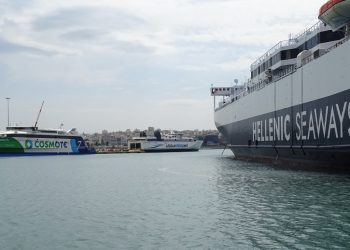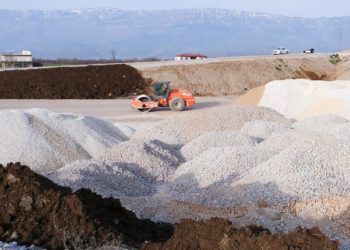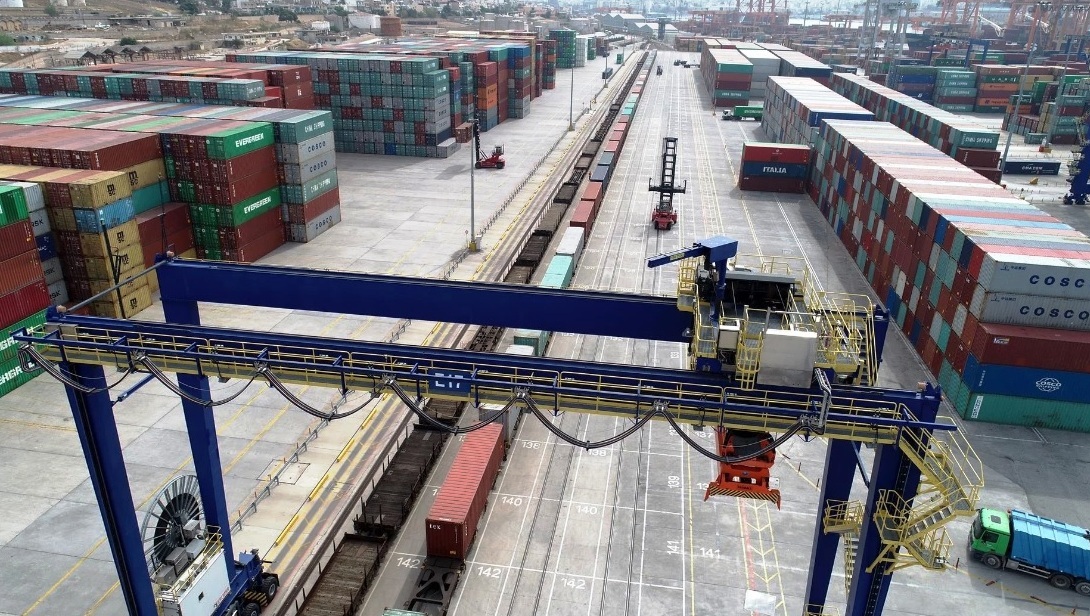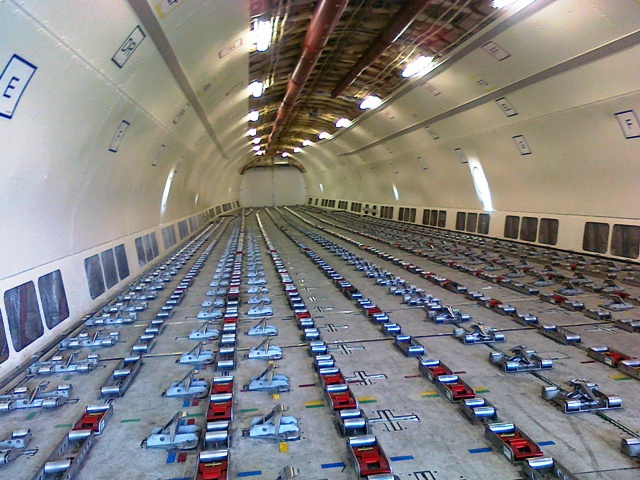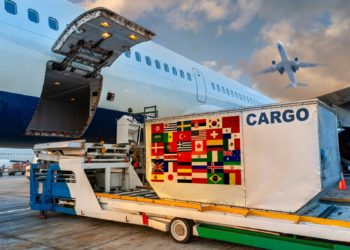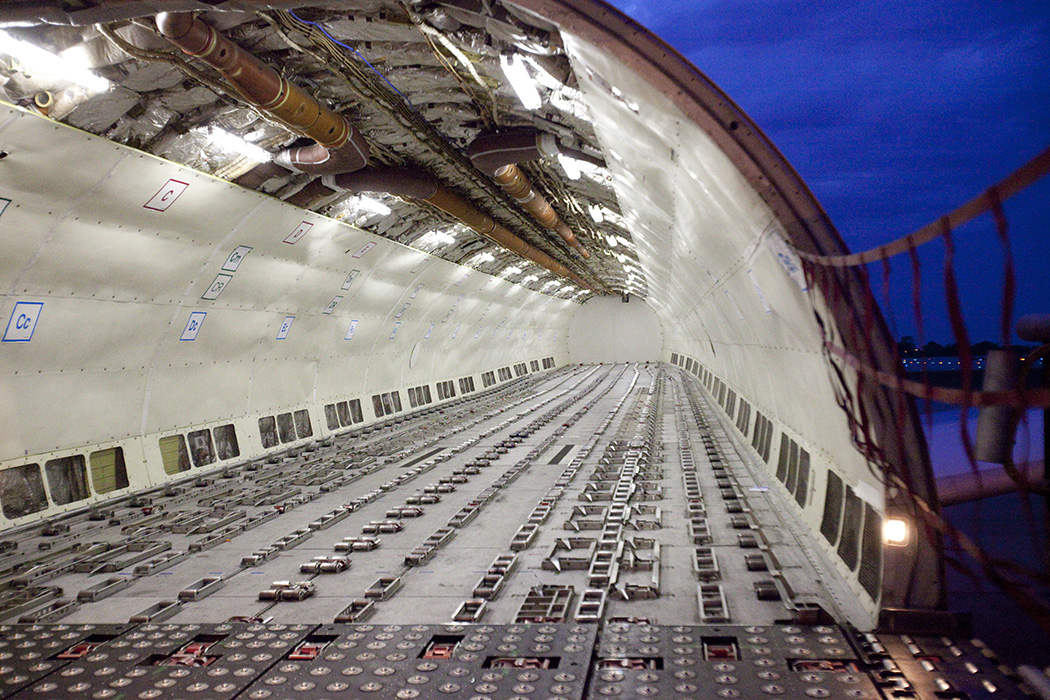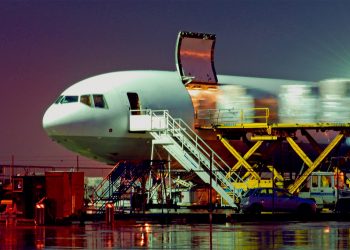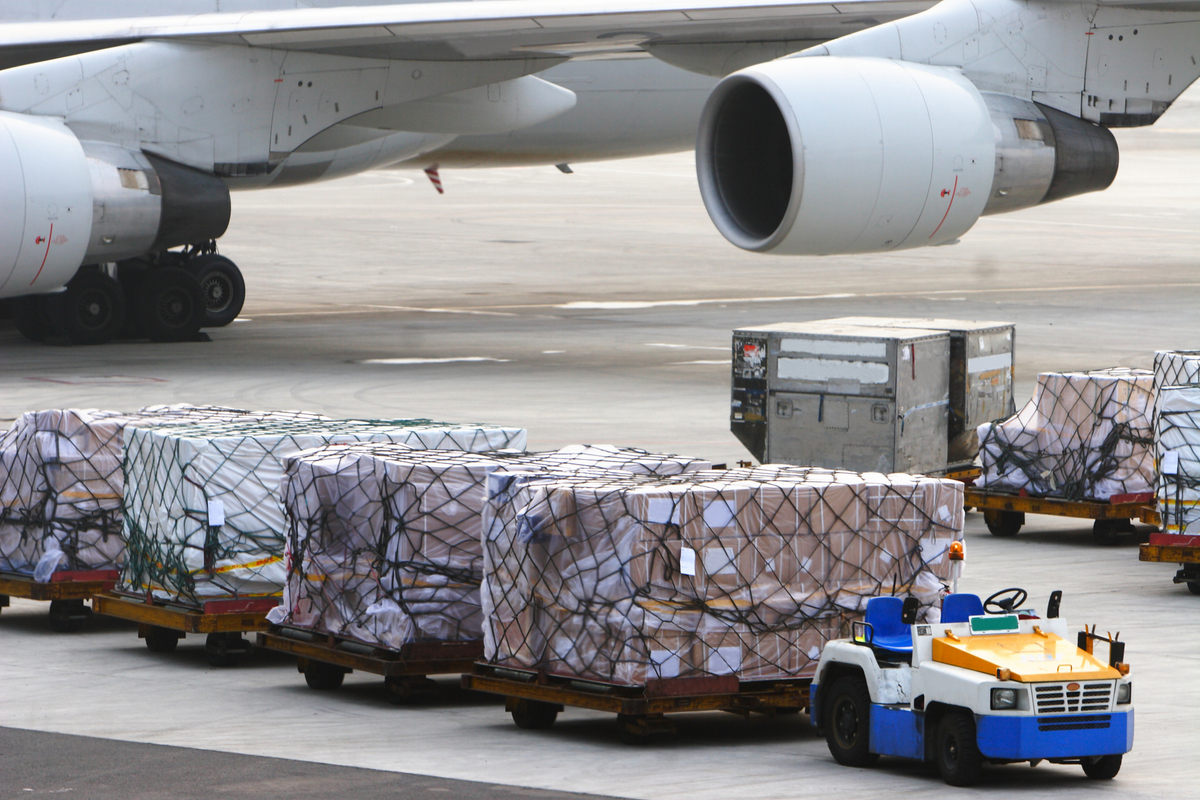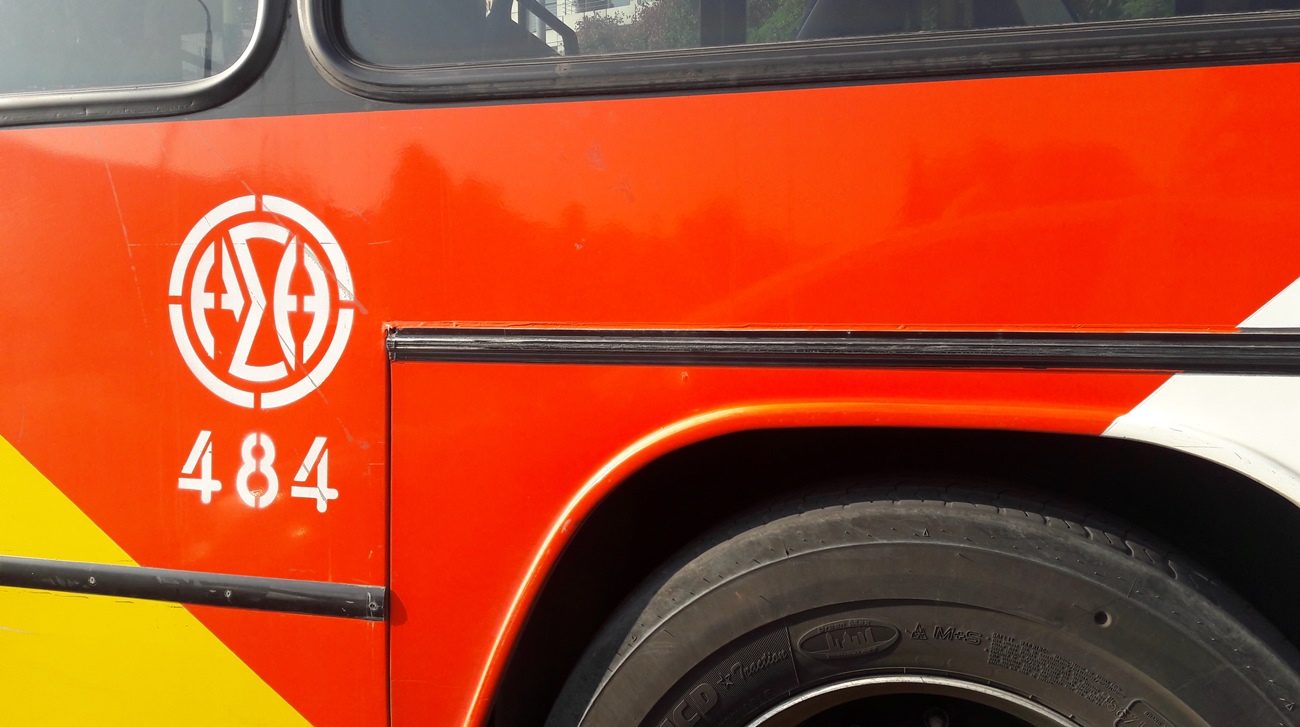If air freight is to sustain its place within future supply chains, the sector must remove barriers between players and improve its profile and level of innovation.
This was the call from Tiaca secretary general Vladimir Zubkov at this year’s Caspian Air Cargo Summit in Baku.
He said the world was moving into a “digital landscape”, and called on air cargo operators to embrace the change.
“We are fragmented as an industry, with each of us doing our own jobs without any coordination between other associations or the rest of the industry,” said Mr Zubkov.
“This leads to a disconnect between the associations and regulatory bodies that develop requirements and legislation, and those that use them.”
He said there needed to be “global solutions” to issues of border control and air cargo security, calling for a shared database, comparable with the passport system.
“When you go through passport control, your passport is verified with an online database, and the same must be done with air cargo,” he explained.
“Screening cargo is a complicated procedure, but there is innovative equipment that can scan a whole aircraft within three minutes, and can find anything.”
He said the fragmentation must be eradicated if the industry was to successfully adopt new technologies and the digital connectivity coming into all aspects of human life.
Most importantly, said Mr Zubkov, electronic documentation and the needs of ecommerce needed to be addressed.
“Everywhere there is still paper in the supply chain, and in big bulk – from the beginning to the end of the air cargo supply chain. Many companies classify themselves as ‘ecommerce compliant’, but this is not always true, so we have joined the WCA’s ecommerce network to offer real ecommerce compliance.”
Quoting Charles Kettering, Mr Zubkov said his interest was “in the future, because I am going to spend the rest of my life there”.
(By Alexander Whiteman, The Loadstar)

